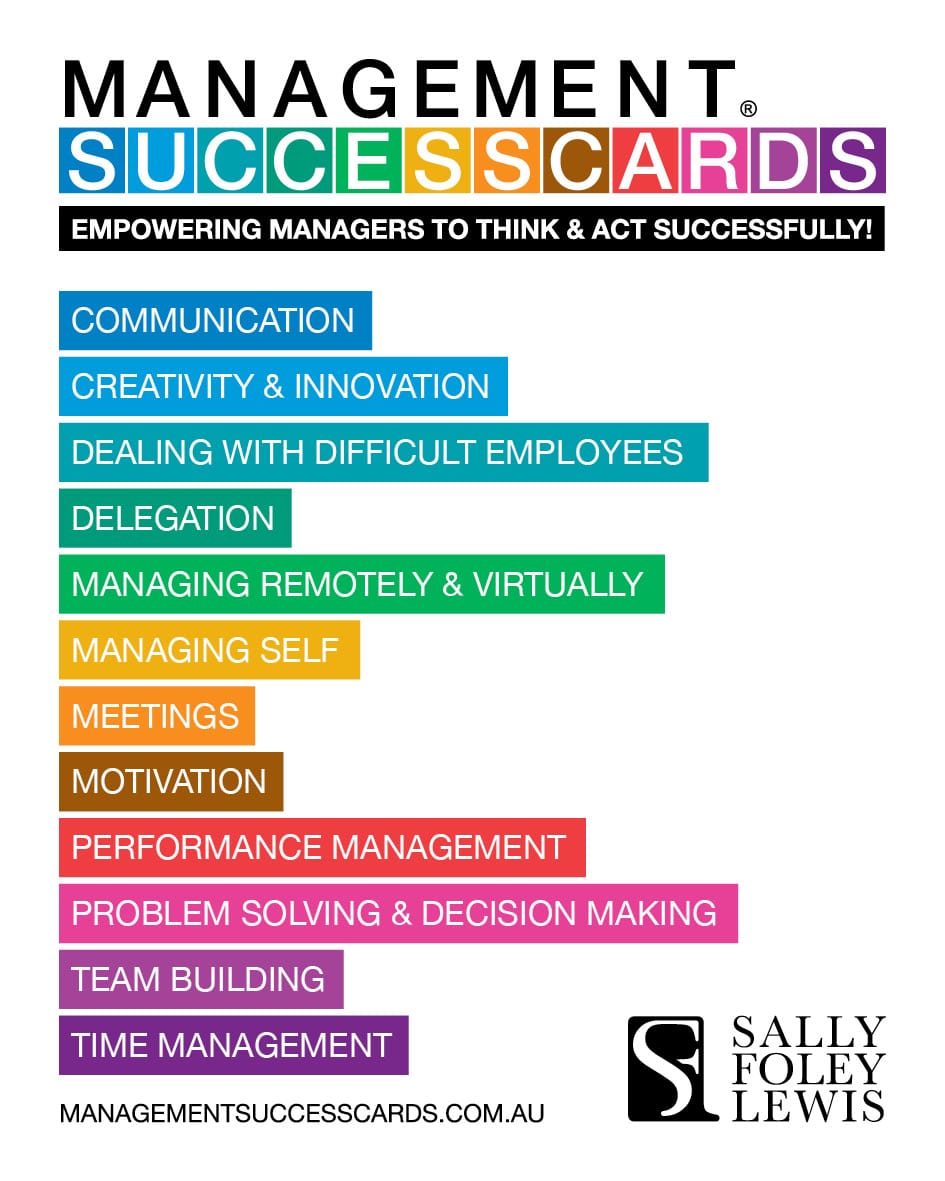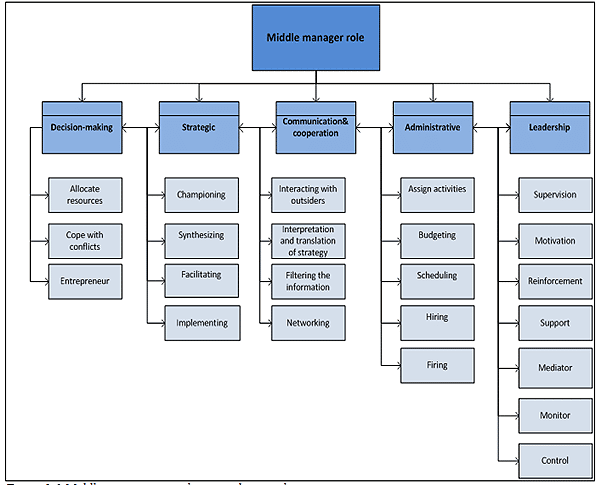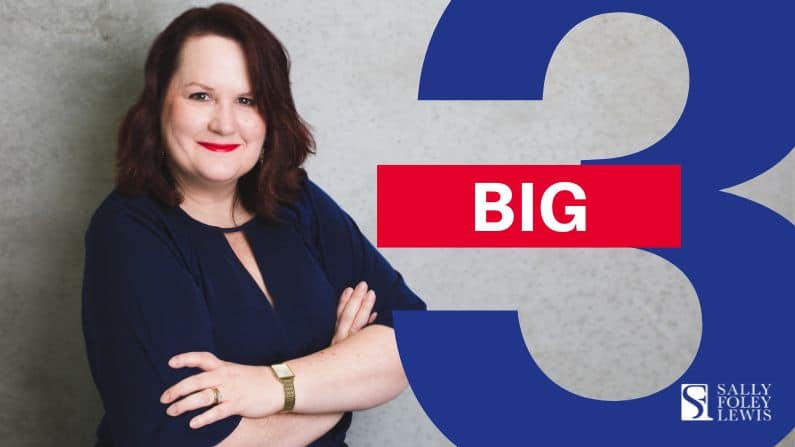This week I’ve been invited into a range of conversations through coaching and keynote presentations that hone in on ‘the basics’.
Many managers see themselves needing to develop many skills, feeling overwhelmed with a pressure to be perfect at everything. This can be confounding.
When my nephew was in primary school, he regularly shared his frustration for, as he would say, “never coming first”. He would often come second or third in his class for subjects like maths and science. [He would also conveniently forget that he came first for presenting, sport, art and other subjects.] It took a few conversations to help him appreciate that there will always be people who are better than him at something, as well as, he would be better than other people at other activities. AND, that’s okay. It’s important to appreciate the strengths you have, acknowledge the strengths you either don’t yet have or simply won’t be your strengths. None of this needs to include giving yourself a hard time.
We all have different strengths. And we can work as hard as we wish to continue to improve skills that we believe are important.
Imagine how boring it would be if we were all good at the exact same things?
The Management Success Cards cover twelve skills, and you could argue these are all core skills because you could easily see them being called into action over the course of a work cycle, such as a fortnight or month or quarter. Are you an expert in all of these? Have you met anyone who is?

Another way of looking at the core skills of a middle manager would be to look at their responsibilities, in a 2017 literature review conducted by the International Journal of Family Business and Management, they presented the following model which is quite comprehensive:

From this model, you could list core or essential people-leading skills needed as:
- communication
- problem solving and decision making
- performance management
- motivation and engagement
- coaching
- networking and collaborating
Despite the type of people-leading skills you can calculate or determine are essential, the expectation to have them all mastered can feel impossible or relentlessly demanding.
So, as a middle manager, how do you master them all? One at a time!
Here’s a quick exercise for you, :
- Look at the list of skills in the Management Success Card image above and pick the three skills you are already really strong.
- Go back through the list again and identify three in which you feel need the most development, write these down in no particular order.
- Number these 1, 2 and 3, again without prioritisation.
- Write down the following number sequence: 1.2 1.3 2.3
- Compare skill 1 with skill 2 and choose which one is the most in need of development – this could be based on a combination of your existing skill level, urgency, importance, or demand at work.
- Now compare skill 1 with skill 3 and choose which one needs the most development.
- Now compare skill 2 with skill 3 and choose which one needs the most development.
Based on your forced prioritisation you just completed, which one has the most need for you?
Start there!
I’d love to know what that skill is, please do hit reply, and share with me, as I would love to create some resources for you. Would that interest you?
Having clarity about what to focus on for your own leadership development is often a neglected first step in organisations. Many workplaces will roll out programs and workshops trying to do the greatest good for the greatest number, with absolute positive results for many, This can however leave a few small gaps where some skills might get missed or a few leaders not have their real and relevant needs met.
Your skill development clarity means you can take greater responsibility for your own learning, to seek out what you specifically need. This is part of being an exceptional self-leader: being responsible for yourself.
You can also approach your internal providers with more specificity about your learning needs: many internal providers try to mind read; try to extrapolate learning needs from annual surveys; ask for this information but rarely get such clarity. Help them to help you.




